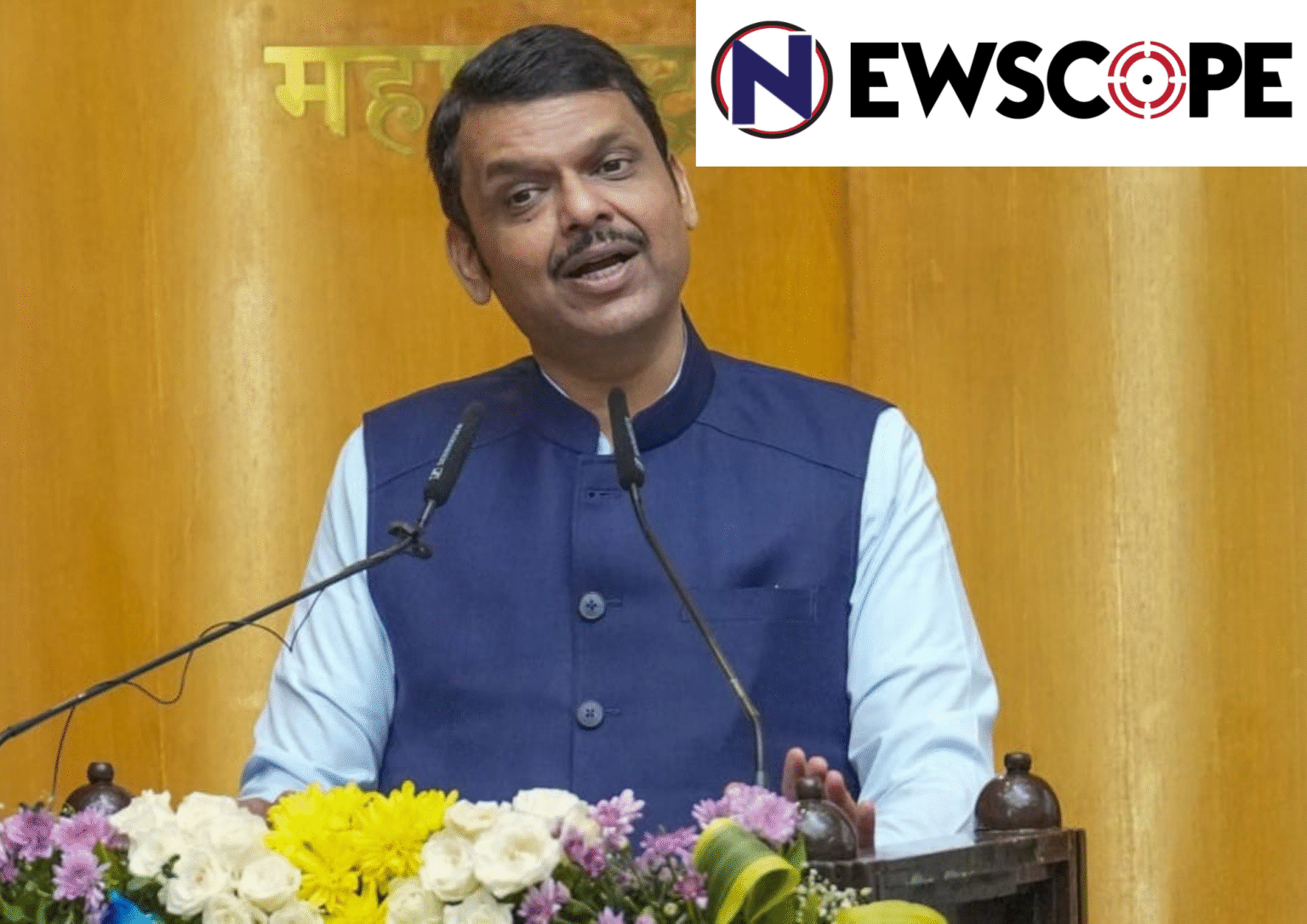The Maharashtra Assembly has passed the Maharashtra Special Public Security Bill, 2024, aimed at tackling the rise of “urban Naxalism” or extreme left-wing ideology. The bill allows the state government to label certain organisations as illegal, and take action that could lead to 2–7 years of jail and fines up to ₹5 lakh.
While the bill does not directly mention “urban Naxalism,”  Chief Minister Devendra Fadnavis clarified that it was brought in to fight its spread. “These people want to spread Naxalism not only in jungles but in cities too,” he said, adding that Maharashtra has 64 such organisations, four of which are banned in other states.
Revenue Minister Chandrashekhar Bawankule, who led the committee that reviewed the bill, said it was discussed in five sessions and received over 12,500 suggestions from the public. He stated the bill is not meant to target any political party but is aimed at stopping radical groups from brainwashing young people.
One major concern raised was whether the bill could be used against political parties. Bawankule assured the Assembly that political organisations would not be targeted. “The bill is focused on illegal actions by extreme leftist groups,” he explained.
Opposition Raises Alarms
Opposition leader Uddhav Thackeray (Shiv Sena UBT) called the bill “unconstitutional” and said it could be misused to silence critics. Supriya Sule (NCP) compared the bill to the colonial-era Rowlatt Act and warned it could lead to a “police state.”
Key Features of the Bill:
- A high court judge-led panel must be consulted before banning any group.¬Ý
- Only senior police officers (DSP level or above) can lead investigations.¬Ý
- The crimes under this law are serious, with police and district officials allowed to seize property.¬Ý
Despite the high number of public inputs, only three changes were made to the bill, leading critics to say the process wasn’t truly democratic. While the ruling Mahayuti alliance supported the bill as a safety measure, the Opposition showed mixed reactions—quiet in the Assembly, but louder in the Council.
The bill now awaits the Governor’s approval. If signed, it could become a major part of the government’s message ahead of the state elections.



